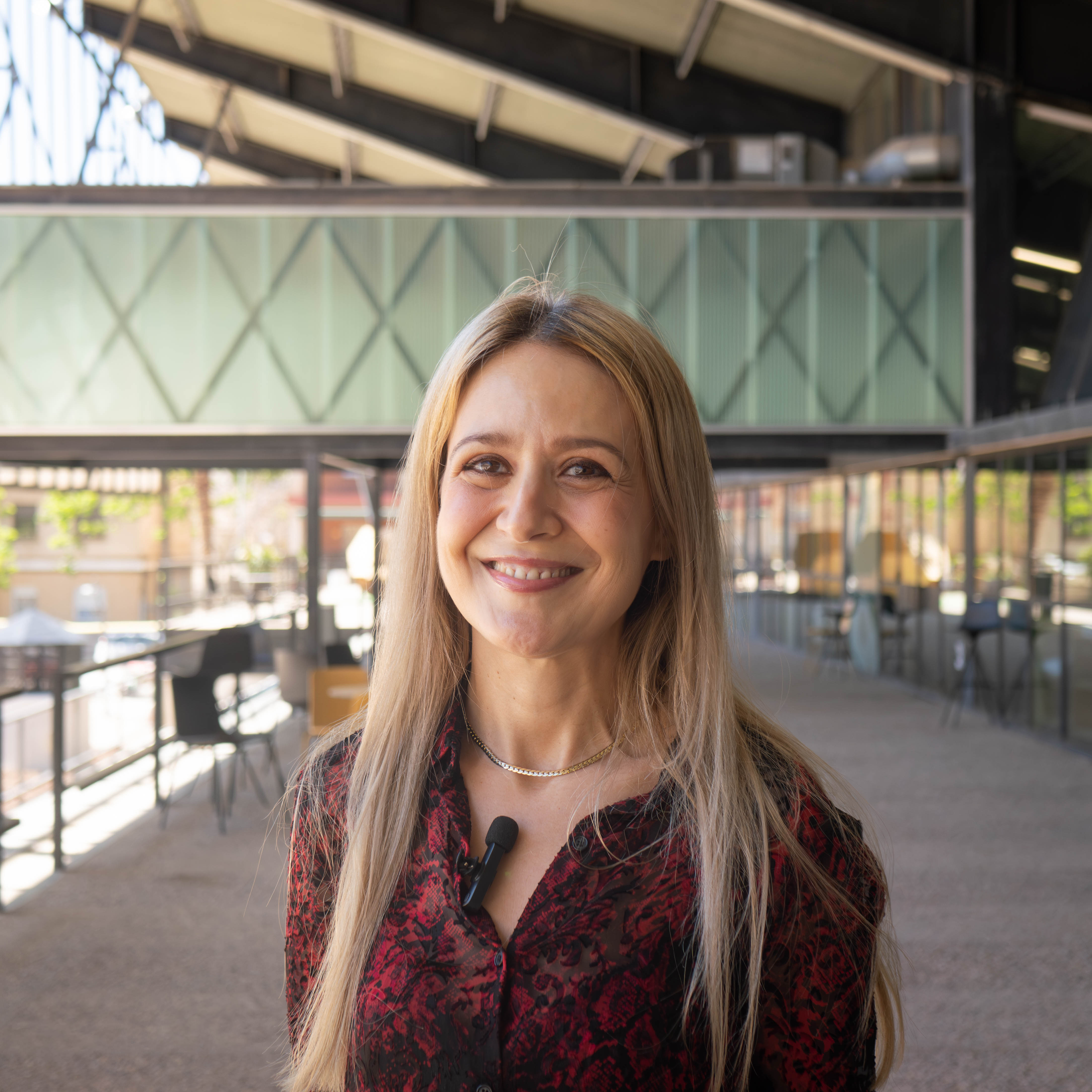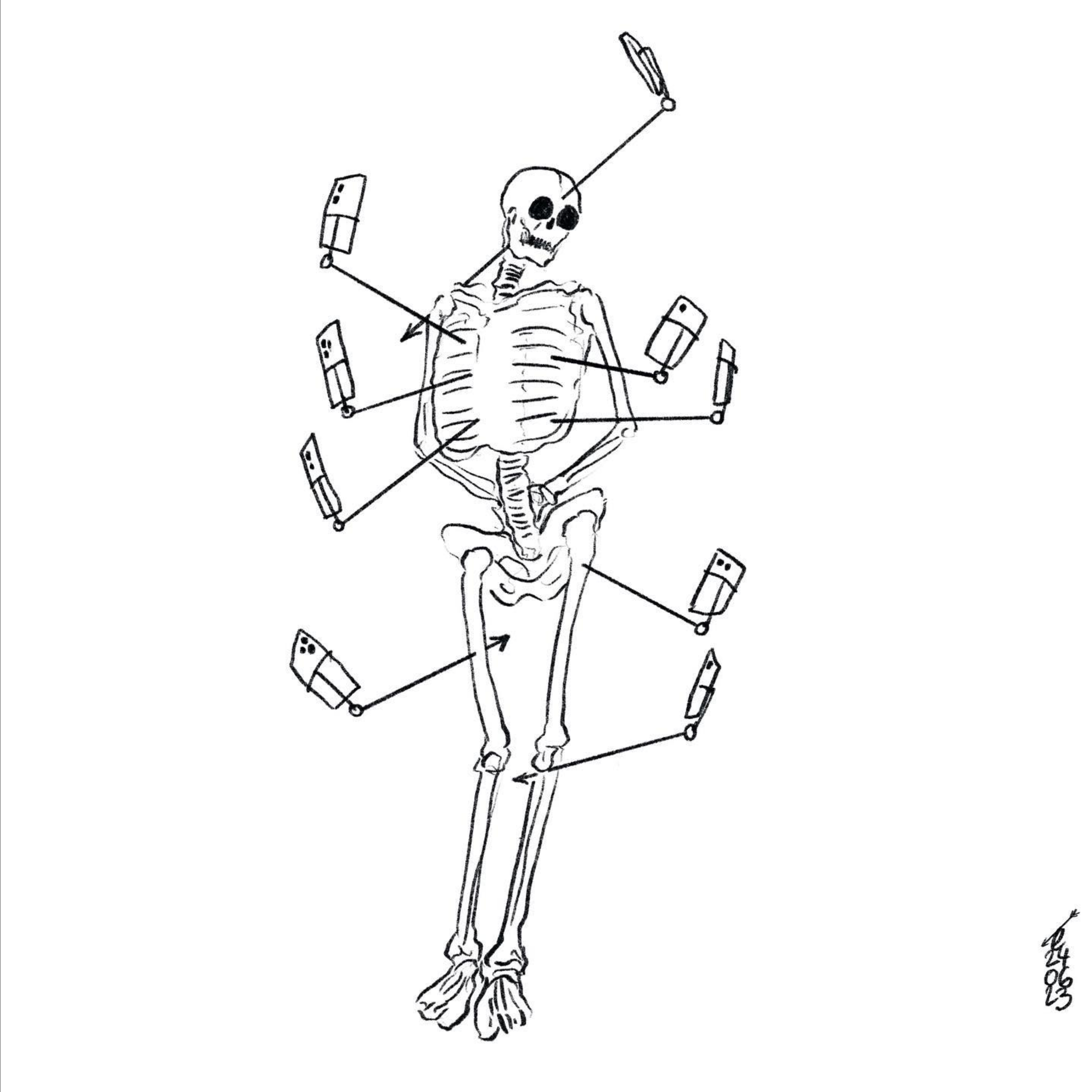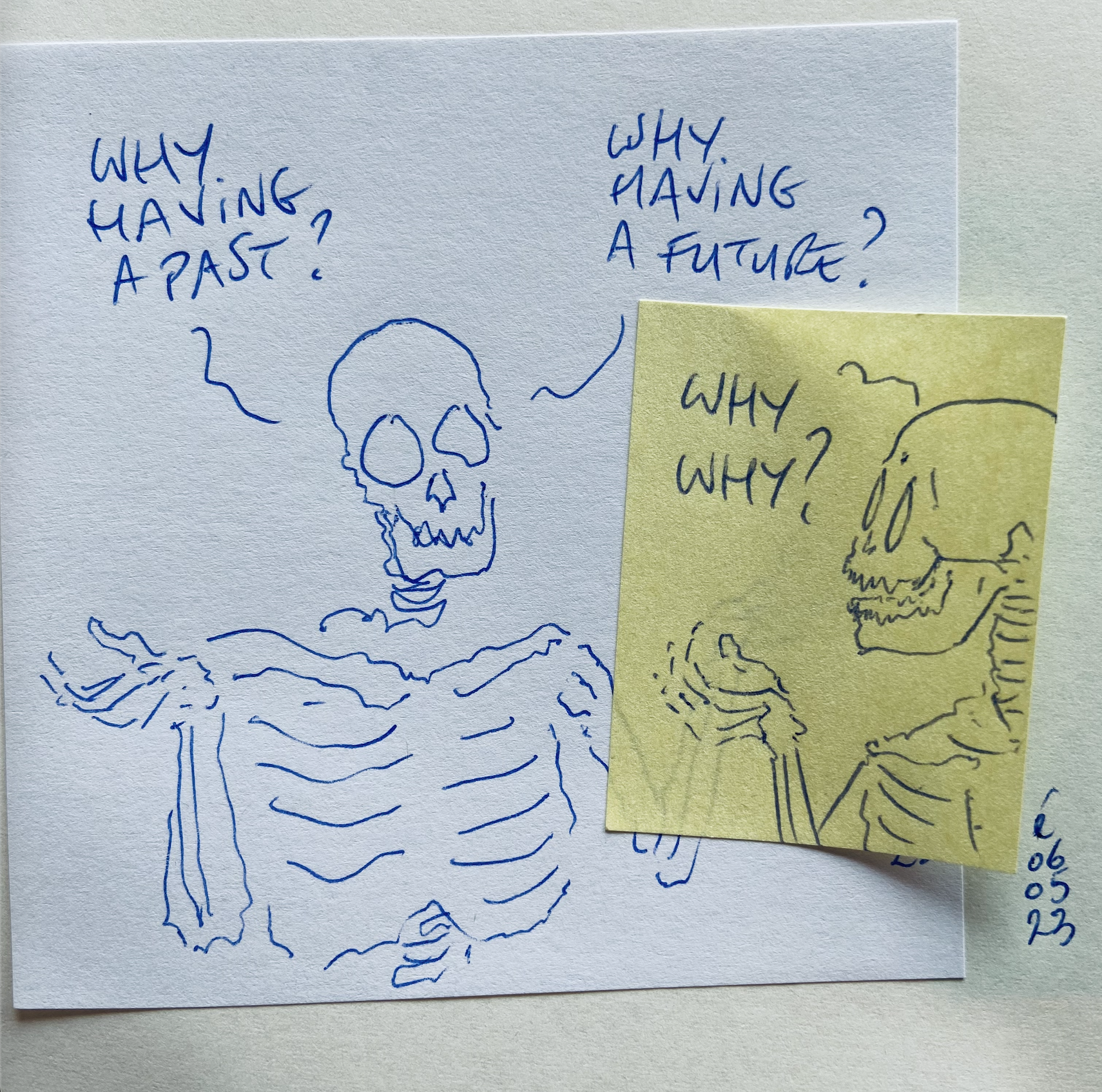
Hypothesis
At a time of maximum polarisation and misinformation, it is necessary to develop new ways of explaining the migrant phenomenon that put its protagonists at the centre, generate social debate and ultimately improve their living conditions.
Story of me: Why do we think this question is relevant to our ethical compass ?
From these convictions ‘Diálogos Migrantes’ was born, an experience of collaborative creation of new narratives, now in its second edition, which invites migrants to express their commitments and concerns through innovative audiovisual formats, with the ultimate intention of drafting a ‘Migrant Constitution’ that reflects the foreign population’s idea of society in Spain.
‘I would be interested in a document that addresses racism, anti-racism, the repeal of the law on foreigners, the elimination of CIEs, the colonial legacy in Spanish cities, the decolonisation of the curriculum, and so on. But once all this has been collected, I would like it to go through a political process so that it has legal force. That’s where we run into the obstacle. The easiest part would be to draw up the Constitution itself, but it is difficult to take it to the political institutions for them to consider it. Ideologically it would be a very necessary and useful instrument. By bringing together people from different collectives, holding meetings, etc., it would be possible to reach a consensus and gather the interests of the African, Moroccan, North African, gypsy, etc. communities’.
These are the words of Desirée Bela-Lobedde, an anti-racist activist who has been a consultant for the project, with whom we had a discussion about the voice and capacities of the migrant collective, which she says is too often used as an excuse to talk about structural social problems and not so much as the ultimate subject of desires and opportunities.
Story of us: a series of objective data to back up the idea
Based on this premise, the Migrant Dialogues aim to be a space for participation and active listening that uses communication as an excuse to generate social impact. Using the creation of audiovisual pieces as a vehicle, the project is conceived as an experience of searching for and co-creating new ways of narrating the issues associated with migrants in Spain, with the Platoniq Foundation as facilitator.
Another researcher, Dayo Esenou, professor at Lancaster University, of whom we publish an interview, warns us of the same thing: ‘One thing I avoid is what is known as trauma porn or poverty porn, where people are studied as objects. Racial minority communities are empowered and are already speaking out; the problem is that people often don’t listen’. In her case, it is Afrofuturism that is used as a prism of research, something that allows her to step outside the established frameworks of pain and to propose, thanks to speculative anti-racism, new ways of narrating and being narrated.
Story of now: How do we answer this question?
Preliminary Phase: Platoniq makes its Goteo Participa platform available to the project, where the entire process and its conclusions will be monitored online, in order to provide continuity over time and to gather all the lessons learned.
Phase 1. Internal call for participation: In this first phase, contact was made with the NGO Bcnactua, which made an internal call to its users, single migrant mothers. The number of participants could vary between five and eight people and, in the end, there were five women who wanted to participate in the project.
Phase 2. Creation of group feeling: Once the working group was formed, a whatsapp group was set up to coordinate the participants and to begin to stimulate some questions that were later used to get to know their reality better. In addition, the recording of a workshop on new narratives was shared with them using the materials provided by the porCausa Foundation for the first edition of the Dialogues in order to better understand how new narratives can be generated around the phenomenon of migration.
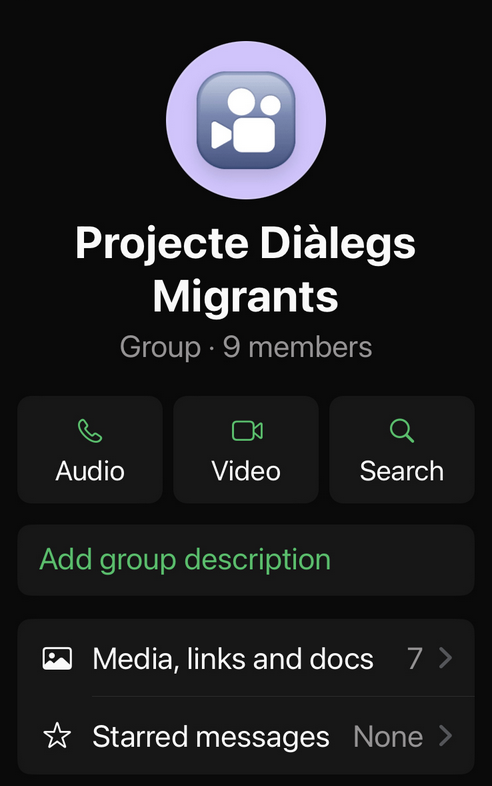
Phase 3. Mapping of issues: During the first face-to-face session, several dynamics based on the methodologies of legislative theatre were carried out. Legislative theatre, created in 1992 by Augusto Boal, is an attempt to use theatre in a political context, with the purpose of creating a stronger democracy; it is a method to involve people affected by a reality and an experiment on the potential of theatre to generate social change.
The first of the dynamics used, the dynamic ‘Follow me’, served to identify the automatisms that we have integrated into our daily lives through a series of contradictory instructions that show us the arbitrariness that institutional power often takes.

This was followed by the dynamic, ‘Glasses to see ourselves’, which consisted of identifying on a wheel of oppressions what spaces, relationships and personal assumptions the participants experience in their daily lives simply because they are migrant mothers.

As a complement, we worked with the participants on the identification of emotions in certain situations of oppression. The identification of emotions served as a guiding thread for the session of co-creation of contents, where they were used to work on the theatrical garment and the situations described.
Phase 4. Co-creation of contents: Once the violence and oppression that surround the lives of migrant mothers in Barcelona and the related emotions had been identified, a second work session was held with the aim of identifying specific scenes from everyday life to illustrate specific problems and the changes needed to improve them.
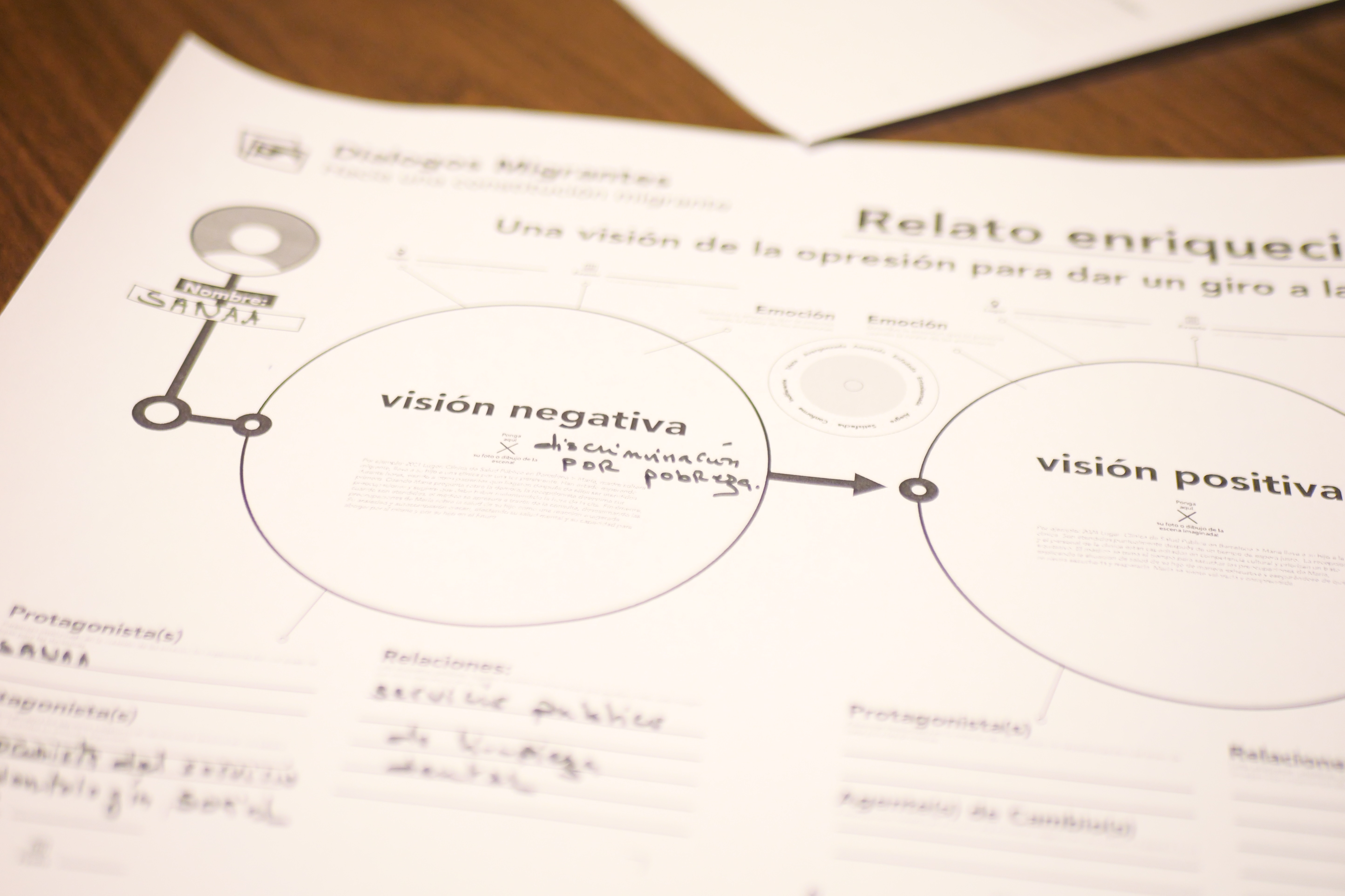
As a third moment, the participants were asked to share audiovisual references that they consume on a daily basis to explain their daily reality.
Some of the references that the participants shared to explain the violence they experience were:
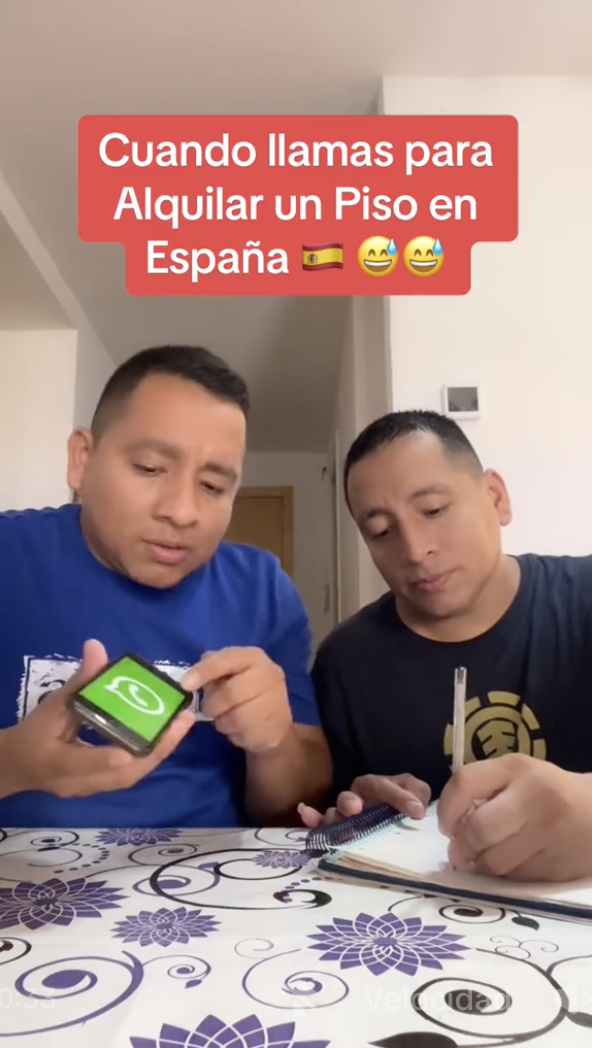
Buscar piso
Buscar piso
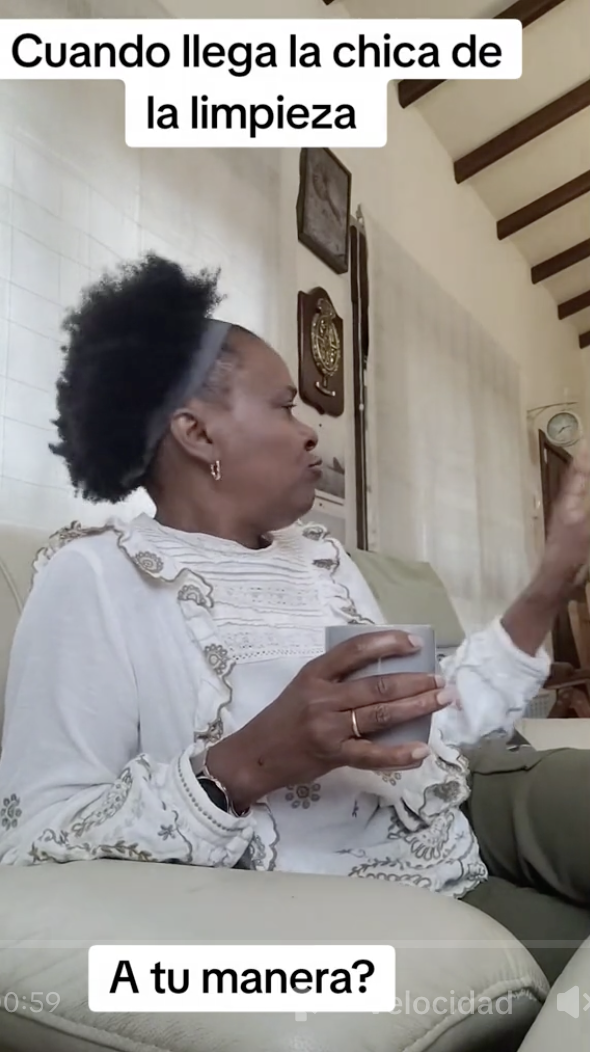
Cuando llega la chica de la limpieza
Cuando llega la chica de la limpieza
Phase 5. Migrant Dialogues: Once the scenes have been identified, the key elements of the scenes have been worked on and a first example of what would be a trigger piece for debate has been produced, it remains to recreate them with more resources and with the intention of making them more impactful when it comes to generating social debate.
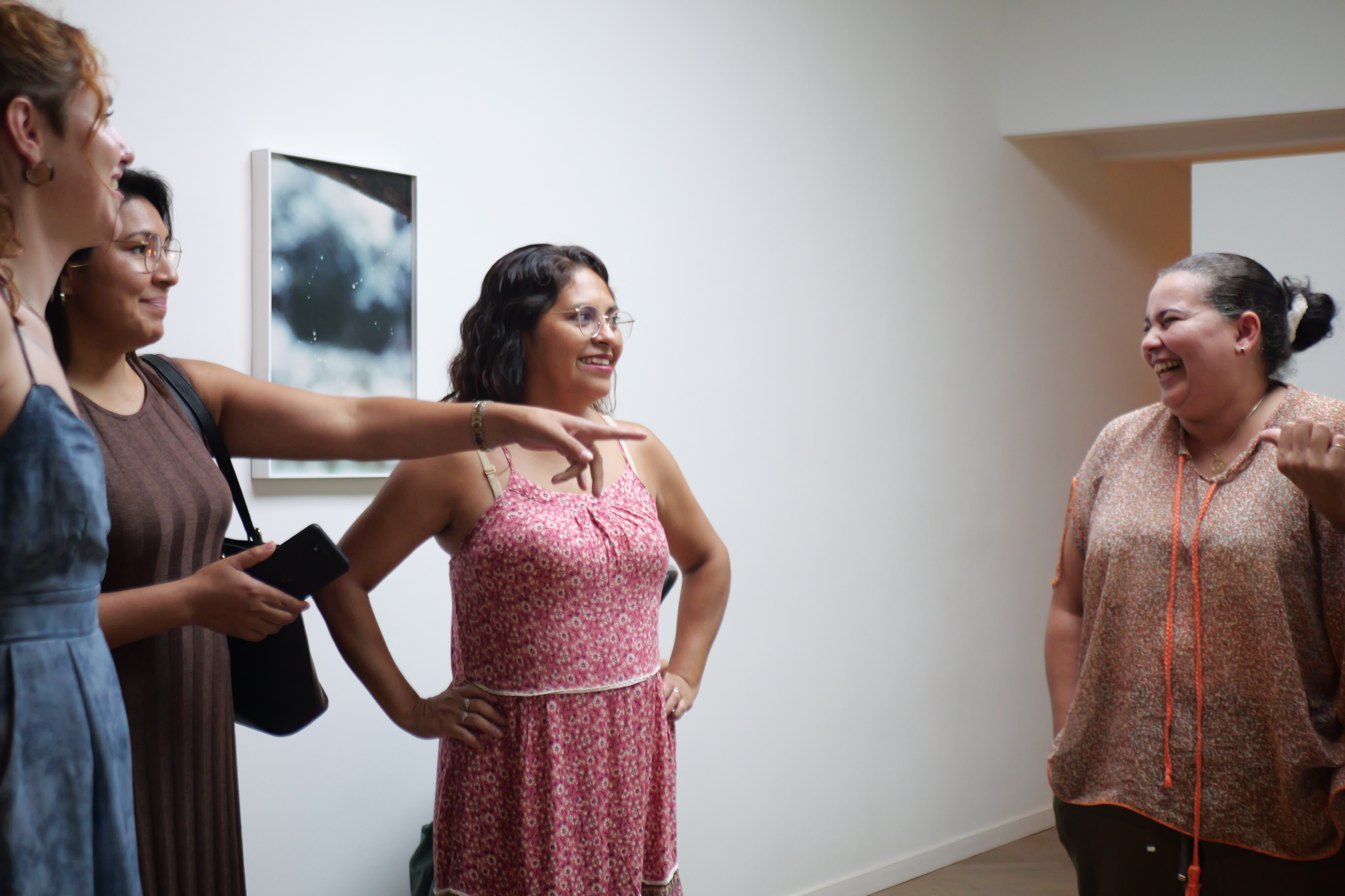
The documentary piece of the whole process has been hosted in La Guixeta, a techno-technological platform for sharing audiovisual content, within the category Migrant Dialogues.
Presentation of the conclusions and next steps
The Deliberation, Creativity and Democracy Forum will take place in Barcelona from 15 to 18 October. During the annual meeting of the Delib network, the network of deliberation professionals in the Iberian Peninsula, Platoniq will present, together with Quim Brugué, the conclusions of the project, in connection with the ideas of positive discrimination and deliberation in enclaves through the example of other projects such as ‘Discrimination in access to housing. What we are talking about and how to combat it’, Olot, 2021.
With all this information and documentation, the intention is to promote a public event in which the trigger pieces fulfil their true function: to trigger social debate around such polarised issues as immigration.
At the event, all interest groups related to the chosen theme will be invited: participants, neighbours, professionals from the administration or from specific companies, in order to carry out a dialogue on the issue and raise awareness of the need for real changes that affect the lives of migrants.
As a conclusion to the Dialogues, the contributions and comments collected will be processed and a document of conclusions will be drawn up, which will later serve to nourish the ‘Migrant Constitution’.

